Press Release from the State Government of Rheinland-Pfalz; from 23 DEC 2021
Courtesy Translation: Nadine Bower, Community Relations
Minister President Malu Dreyer, Health Minister Clemens Hoch, Economics Minister Daniela Schmitt, Interior Minister Roger Lewentz: We are preparing everything for an Omikron wave! – With boosters and protective measures, Rheinland-Pfalz is getting ready
"According to current expert opinion and with a view to affected neighboring countries, we have to prepare for a very rapidly increasing number of infections with the advent of the new virus variant Omikron. Initial findings show that Omikron can undermine vaccination protection. An effective protection against severe disease courses is provided above all by a booster vaccination. Even a double vaccination reduces the risk of becoming seriously ill by 70 percent. We are acting now to prevent too many infections and quarantine cases from leading to such large staff outages that the ability to work in health care and critical infrastructure such as police, fire brigade, electricity, water and food supply would be at risk. The vaccination campaign will continue at full speed in Rheinland-Pfalz on the days between the years," said Minister President Malu Dreyer after the consultations of the heads of government of the German federal states with Federal Chancellor Olaf Scholz. "The state government is getting everything ready to be prepared for the worst-case scenario. The people of Rheinland-Pfalz can rely on this," said Minister President Malu Dreyer, Health Minister Clemens Hoch, Economics Minister Daniela Schmitt and Interior Minister Roger Lewentz.
The state government will implement the decisions of the Minister-Presidents' Conference in the current Corona Control Ordinance, accelerate the further expansion of the vaccination campaign and provide economic aid. The demonstrations against the Corona regulations will be closely monitored by the police in order to consistently prevent threats and intimidation attempts.
Germany is currently experiencing a paradox situation: incidences are falling slightly, but the threat of Corona is increasing. These are the assumptions from the Expert Council, which are now available. The reason for this is the highly contagious virus variant Omikron. The virus variant could undermine the vaccination protection. The safest way to protect against infection and severe courses is to get the booster vaccination. In London, as in the real-world laboratory, one can currently see that this enormously contagious variant leads to the fact that workforces are so thinned out by illness and quarantine that the maintenance of critical infrastructure such as police, fire deparment, health care or food supply is in danger. "It is not a question of whether, but only when and how strong Omikron will be predominant in Germany," said Minister President Malu Dreyer. Rheinland-Pfalz will be prepared for this: By vaccinating even faster between the years, with private contact restrictions, pandemic plans to minimize staff shortages in critical infrastructure, and more economic aid for those areas that are economically affected by corona regulations.
"We would all have liked a different Christmas days and turn of the year. The long duration of the pandemic and the new virus variant Omikron represent a great challenge for each and every one of us. Nevertheless, my urgent appeal to everyone is to behave responsibly, especially during the holidays. Celebrations should be as small as possible and the hygiene measures and keeping a distance should be adhered to. Please get tested as an additional protection in any case when you meet family members and their friends. This protects you and your loved ones," said the Minister President.
Vaccination protects against severe courses – registration for booster vaccination already possible after three months
Even if Omikron could partially undermine the vaccination protection, vaccination is still important. "It protects against severe disease courses," underlined Minister President Malu Dreyer. According to Federal Health Minister Karl Lauterbach, a double vaccination, if it is not older than six months, protects 70 percent from hospitalization, even 80 percent from admission to an intensive care unit. Those who are boosted, therefore, even have a protection of up to 70 percent against an infection. The great risk in Germany for a collapse in hospitals and critical infrastructure is currently posed by the 10 million unvaccinated people.
"We appeal to all citizens to get vaccinated as soon as possible. Experts expressly advise against delaying vaccination and against waiting for the availability of a vaccine adapted to the Omikron variant. Even those who have not yet been vaccinated, we urge them to protect themselves and others and to make an appointment for the first and second vaccination. With the Novavax vaccine, a protein-based vaccine approved by the European Medicines Agency is now also available. This is what many who are very skeptical about mRNA vaccines have been waiting for," said Minister President Malu Dreyer and her cabinet members.
"The vaccination campaign in the country is in full swing. In the last week, we administered 375,000 vaccinations; which is a new record. This increase is also done with the booster vaccinations. As of today, more than 1.4 million people have received a booster shot. Anyone who wants a vaccination in January will get it. In addition, we are speeding up the registration process again: From Jan. 1, anyone can register for a vaccination appointment whose complete vaccination protection was only three months ago," announced Health Minister Clemens Hoch. "Even those who have not yet been vaccinated, my urgent appeal is to protect themselves and others and to make an appointment for the first and second vaccination, said the Minister of Health. He would like to thank the doctors in private practices and all health care workers for their contribution to the fight against the pandemic. The state government will continue to make full use of all vaccination capacities and ensure easy and fast access to vaccinations.
Contact restrictions in the private sector
In order to slow down the new wave with the Omikron variant, the contact restrictions will unfortunately also have to be gradually extended to vaccinated and recovered individuals, because the vaccination breakthroughs showed that they too can carry the virus. "In particular, New Year's Eve celebrations with a large number of people are simply too dangerous in the current situation," said Minister President Malu Dreyer. Therefore, starting on Dec. 28, 2021 at the latest, private gatherings of vaccinated and recovered individuals will only be allowed with a maximum of ten people. Children up to the age of 14 are exempt from this. As soon as an unvaccinated person participates in a meeting, the contact restrictions for unvaccinated persons apply: the meeting is therefore limited to one's own household and a maximum of two people from another household," said the Minister President.
Cross-regional events without spectators
Cross-regional sports, cultural and comparable major events will now take place without spectators.
Rheinland-Pfalz will close clubs and discotheques starting on Thursday. Here too the risk of infection in the current situation is simply too big, according to the Minister President.
Bridging aids
"The coronavirus is causing enormous economic damage. We are doing everything we can to cushion them," said Economics Minister Daniela Schmitt, and addressed the affected companies: "Take advantage of the possibilities of bridging aid if you are currently suffering a decrease in sales." Entrepreneurs can apply for bridging aid III Plus for the period from July to December 2021 if they have suffered a corona-related decrease in sales of at least 30 percent in one month compared to the same month in 2019.
Bridging aid III Plus covers essential operational fixed costs of a company. Depending on the decline in sales, the subsidy is between 40 and 100 percent of these costs. Companies that have been hit particularly hard will receive an equity grant, which is paid out in addition to the fixed cost aid. Especially the special regulations on seasonal goods introduced last year at the insistence of the federal states are helpful for many companies. "For restaurateurs, this means in detail: Anyone who has now bought food and cannot sell it because of guest cancelations or events cannot be held, will be reimbursed for the loss," said Minister Schmitt.
Assistance must be requested via so-called examining third parties. These are, in particular, tax consultants, auditors, lawyers or sworn accountants. In the case of bridging aid III Plus, it is possible to submit an amendment for an existing application if, for example, the forecast turnover figures have changed significantly. The application deadline for initial amendments ends on Mar. 31, 2022. "Anyone who has greater losses than assumed should submit an amendment," said Schmitt.
Starting in January, the bridging aid IV - the design of which is currently being drafted by the federal government - will take effect. At the Special Conference of Economic Affairs Ministers on Tuesday, Economics Minister Daniela Schmitt advocated that the subsidy rate should continue to be 100 percent of fixed costs. Booth operators who were affected by cancellations of Advent and Christmas markets should also be given special consideration. They are campaigning for a higher equity premium. There will also be a new edition of the restart aid, which is aimed primarily at solo self-employed. Here, too, the government is working on the concrete procedure.
Avoid overloading critical infrastructures
Scientists assume that the extremely contagious virus variant Omikron will increase infections and thus also quarantine cases so much that there could be considerable staff shortages. Therefore, operators in critical infrastructure such as police, fire department, healthcare, public transport or food supply will have to review their operational pandemic plans in order to ensure operation. The German Federal States shall ensure this in close coordination with the Federal Government. The newly established federal-state crisis unit will support this.
Amended regulation enters into force on 23 December
The amended regulation of the 29th Corona Control Ordinance will be announced today and will come into force tomorrow. From then on, among other things, the operation of clubs and discotheques is prohibited, according to the Minister President. In addition, for the upcoming Christmas holidays and the upcoming turn of the year, the regulations will be adapted in accordance with the decisions of the Minister Presidents of the German Federal States with the Federal Chancellor. By Dec. 28 at the latest, gatherings and meetings in public is limited to a maximum of ten people. This applies to all people, including vaccinated people. Only children up to the age of 14 are not counted. In addition, of course, the joint stay of non-immunized (unvaccinated) persons in public space is only permitted alone, with the members of one's own household and a maximum of two persons of another household. Furthermore, some clarifications and adjustments will be made. This applies, above all, to solo self-employed persons as well as religious communities. In addition, the previous regulations will continue to apply. The regulation will be extended until Jan. 20, 2022.
Corona protests will be observed and accompanied closely
Rheinland-Pfalz will not allow an increasingly radical minorities to threaten people who decide to follow corona measures or monitor their compliance.
"We are noticing that the protests against the corona measures are increasing. This past Monday alone, there were 72 meetings with about 6,600 participants. The protests were not announced in advance or prohibited by orders of the competent authorities. Although the gatherings were mostly trouble-free and peaceful, in Frankenthal, for example, an AFD city council member showed the so-called 'Hitler salute' and in Idar-Oberstein an attempt was made to free a member of the Reichsbürger scene from police measures. Against this background, I can only warn all those who are attracted to the protests: Do not follow the extremists. Do not march with those who reject our democratic society," Interior Minister Roger Lewentz appealed.
"The security authorities continue to keep a close eye on the protests. On this Monday alone, more than 1,000 police officers were on duty and carried out over 250 identity checks. Our state is defensive and will continue to consistently protect the reasonable majority from a ruthless minority," the Interior Minister continued. He called on all citizens to show social solidarity and get vaccinated. "We can only defeat this pandemic together," Lewentz said.
Source: https://ift.tt/3JqJKCW
| Date Taken: |
12.23.2021 |
| Date Posted: |
12.28.2021 05:19 |
| Story ID: |
411957 |
| Location: |
WIESBADEN, HE, DE |
| Web Views: |
12 |
| Downloads: |
0 |
PUBLIC DOMAIN 
This work, Courtesy Translation: Rheinland-Pfalz is getting ready for Omikron, by Nadine Bower, identified by DVIDS, must comply with the restrictions shown on https://ift.tt/2vbbNT7.
Adblock test (Why?)



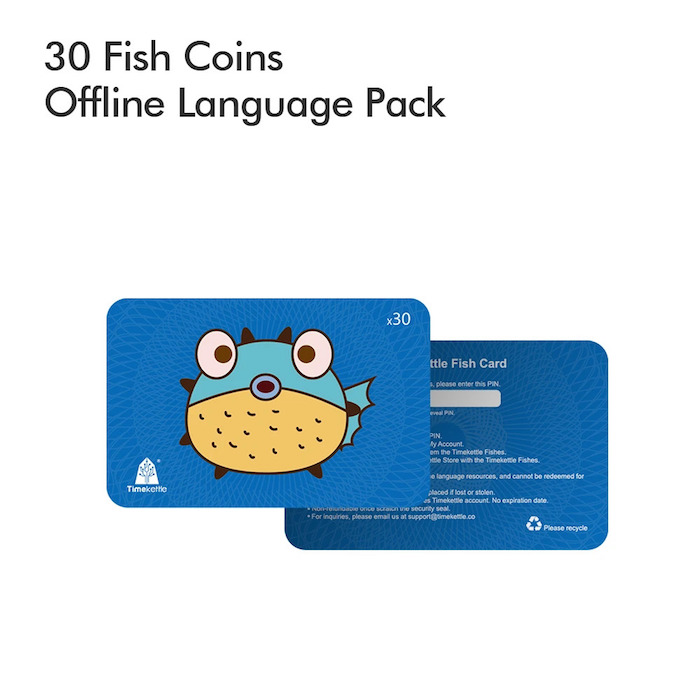













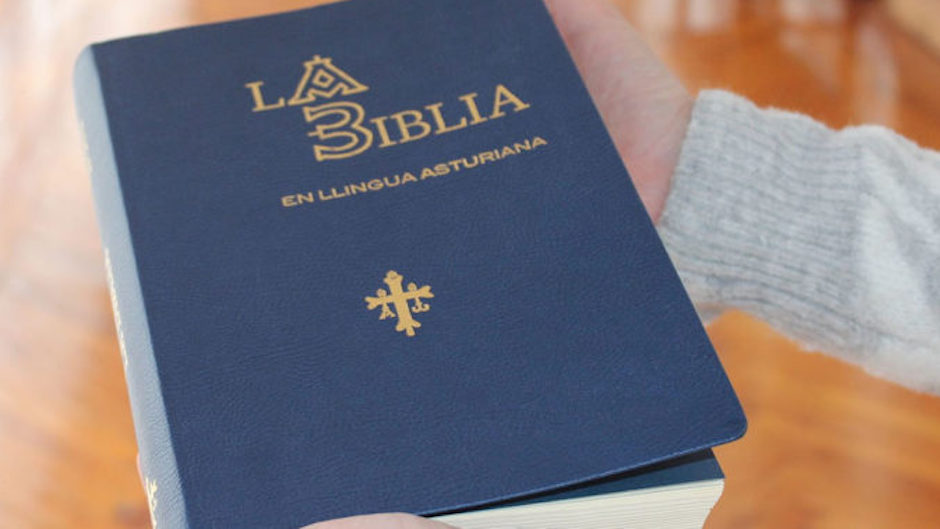






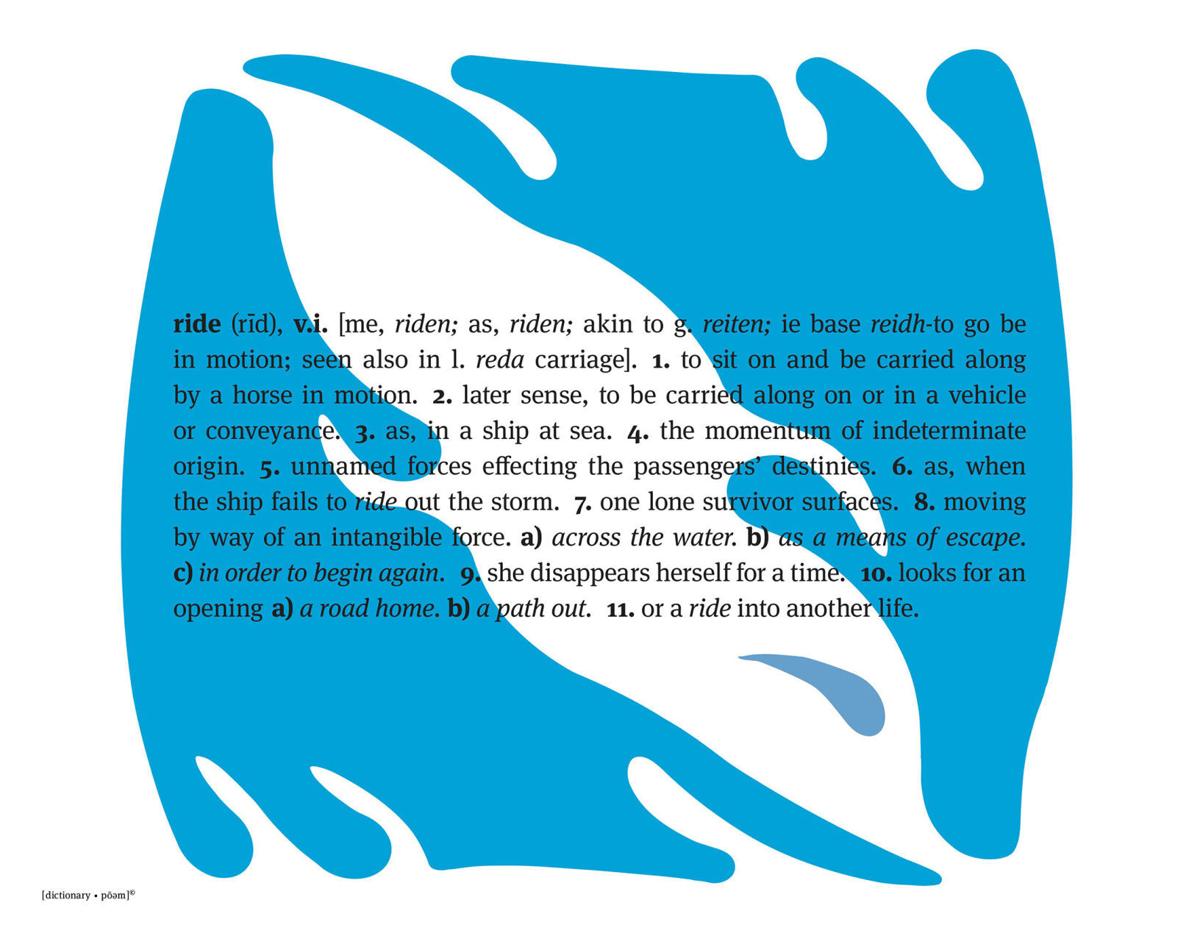
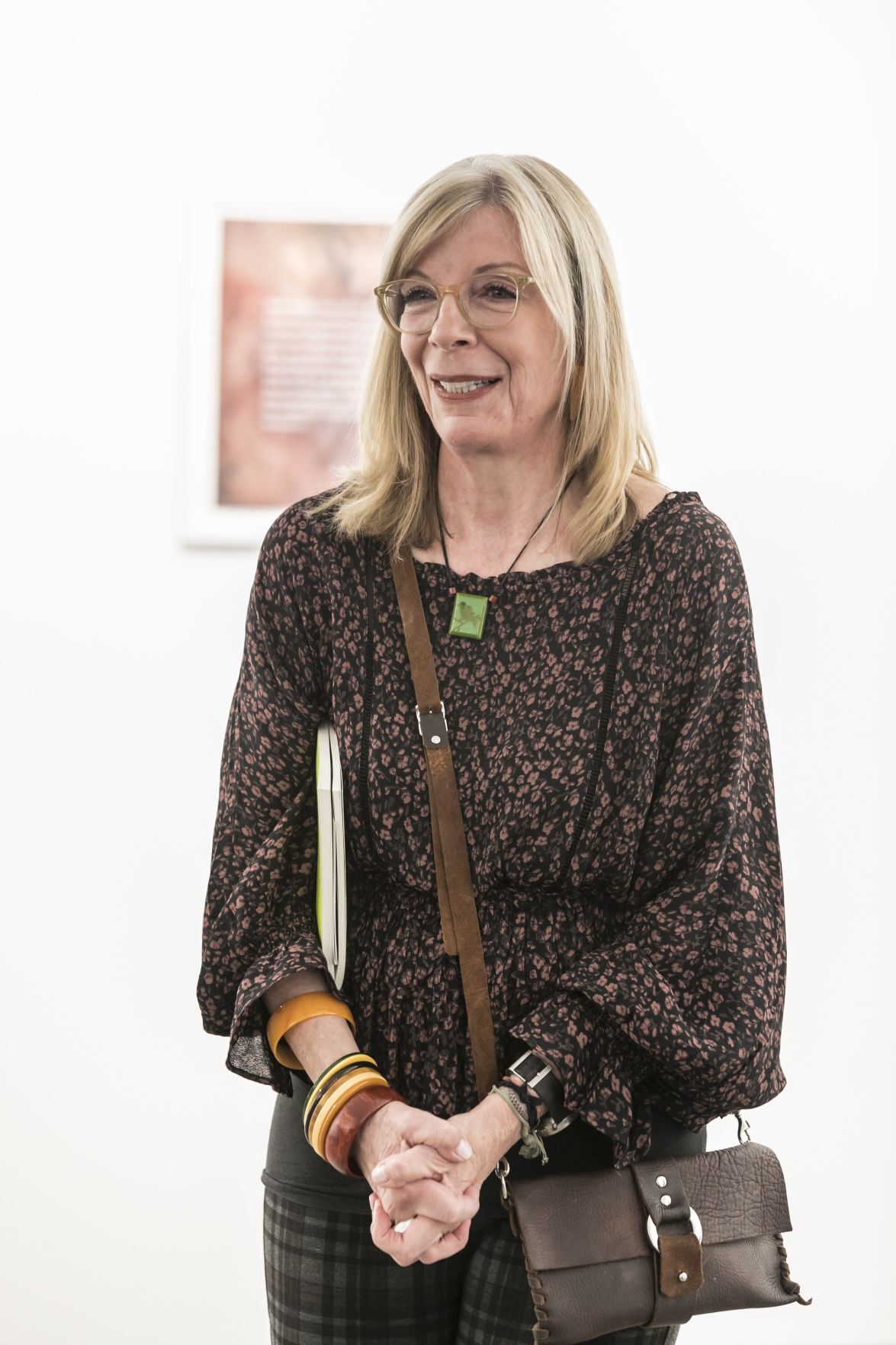
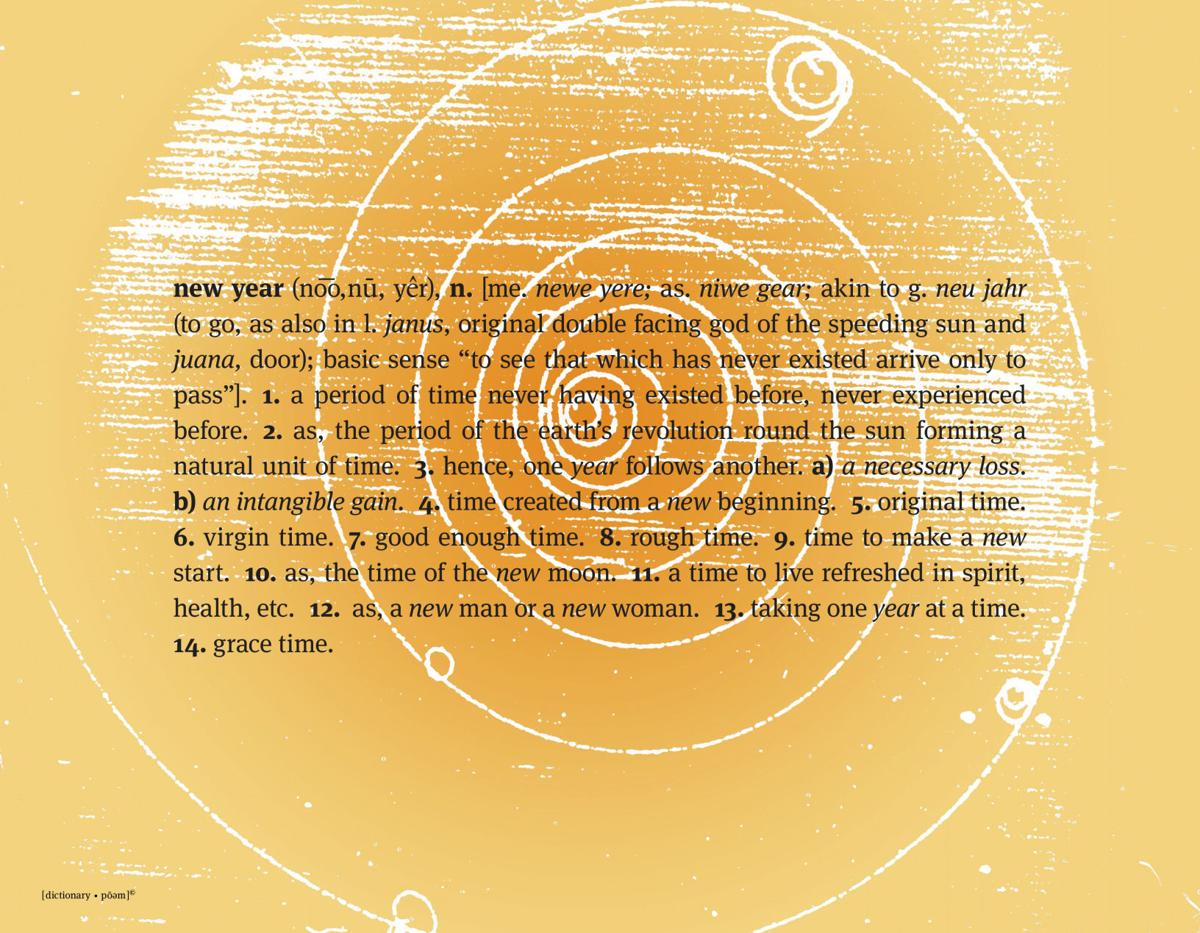
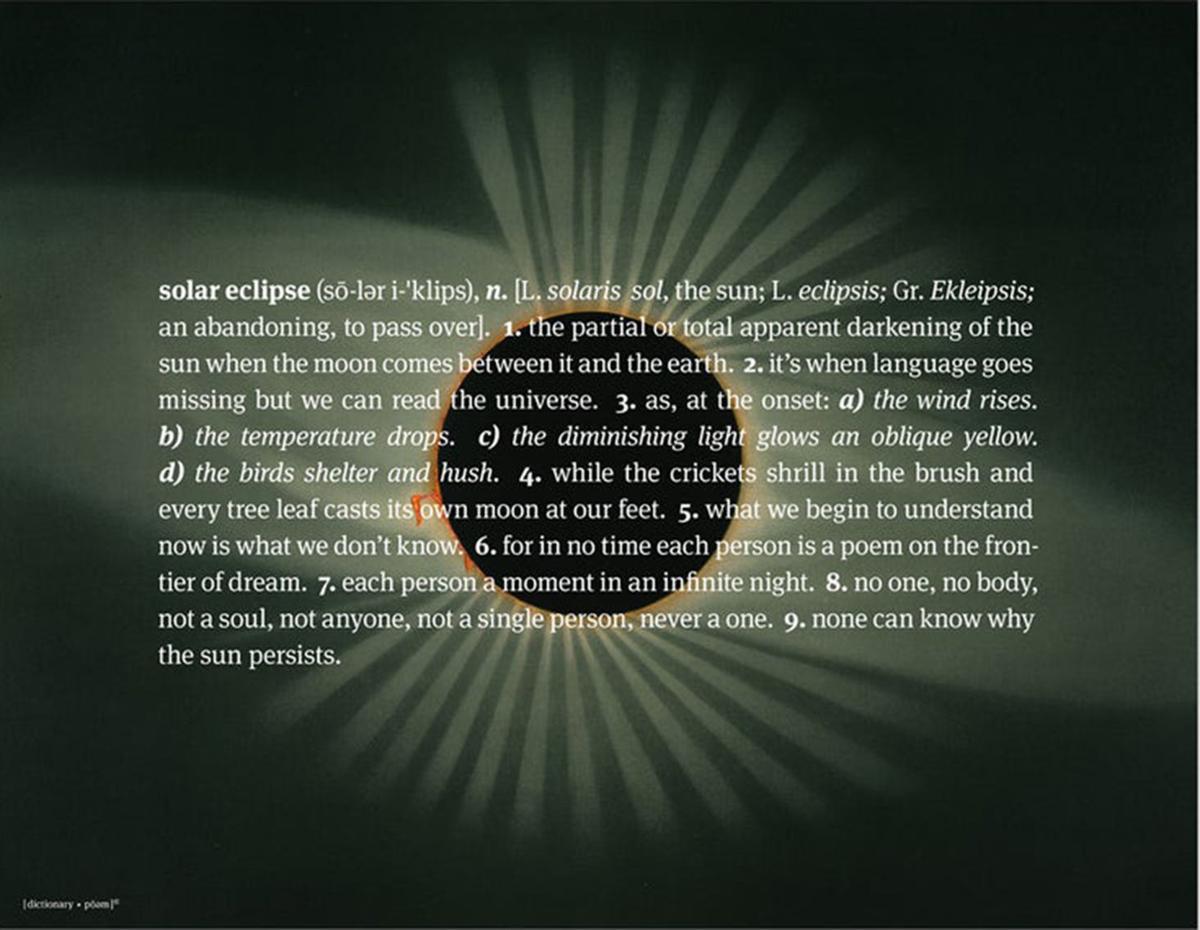
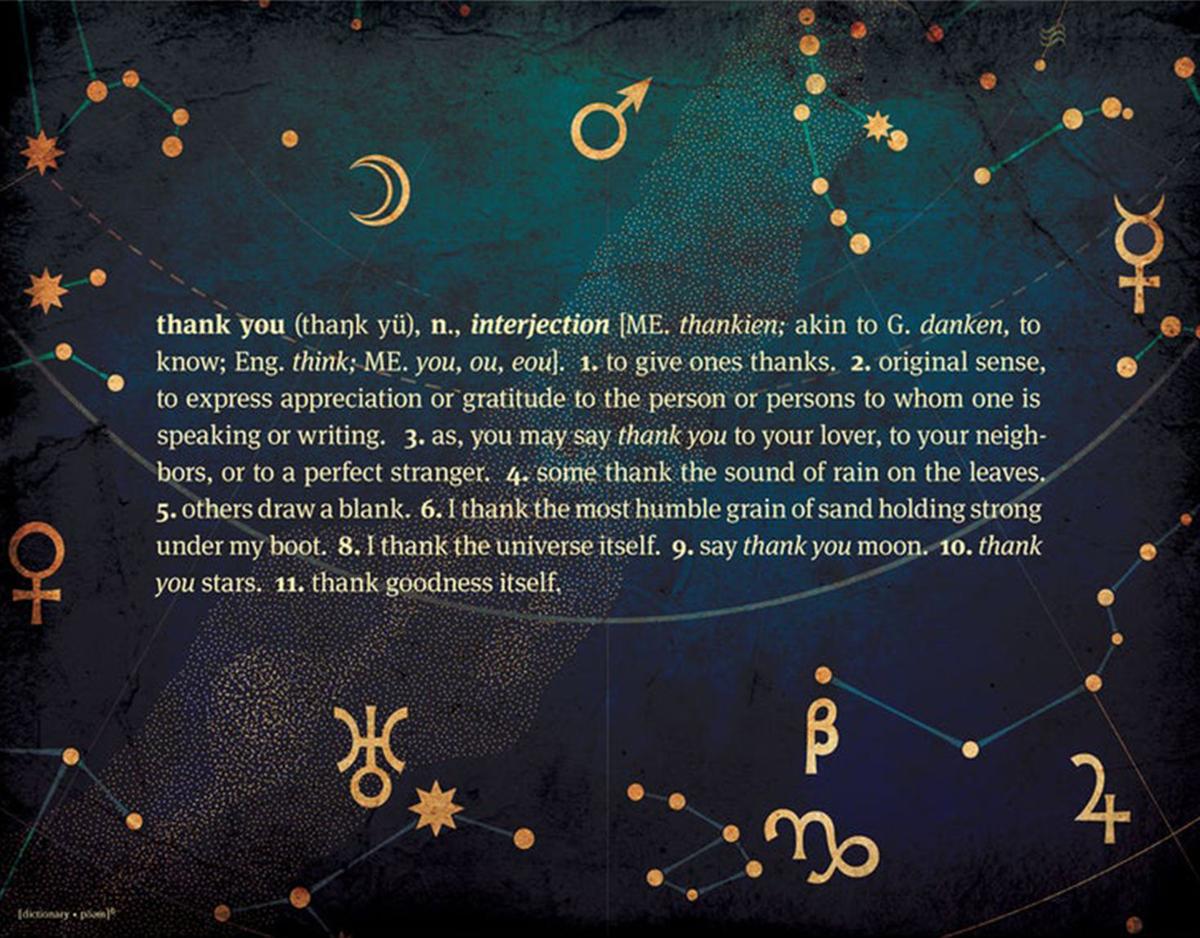

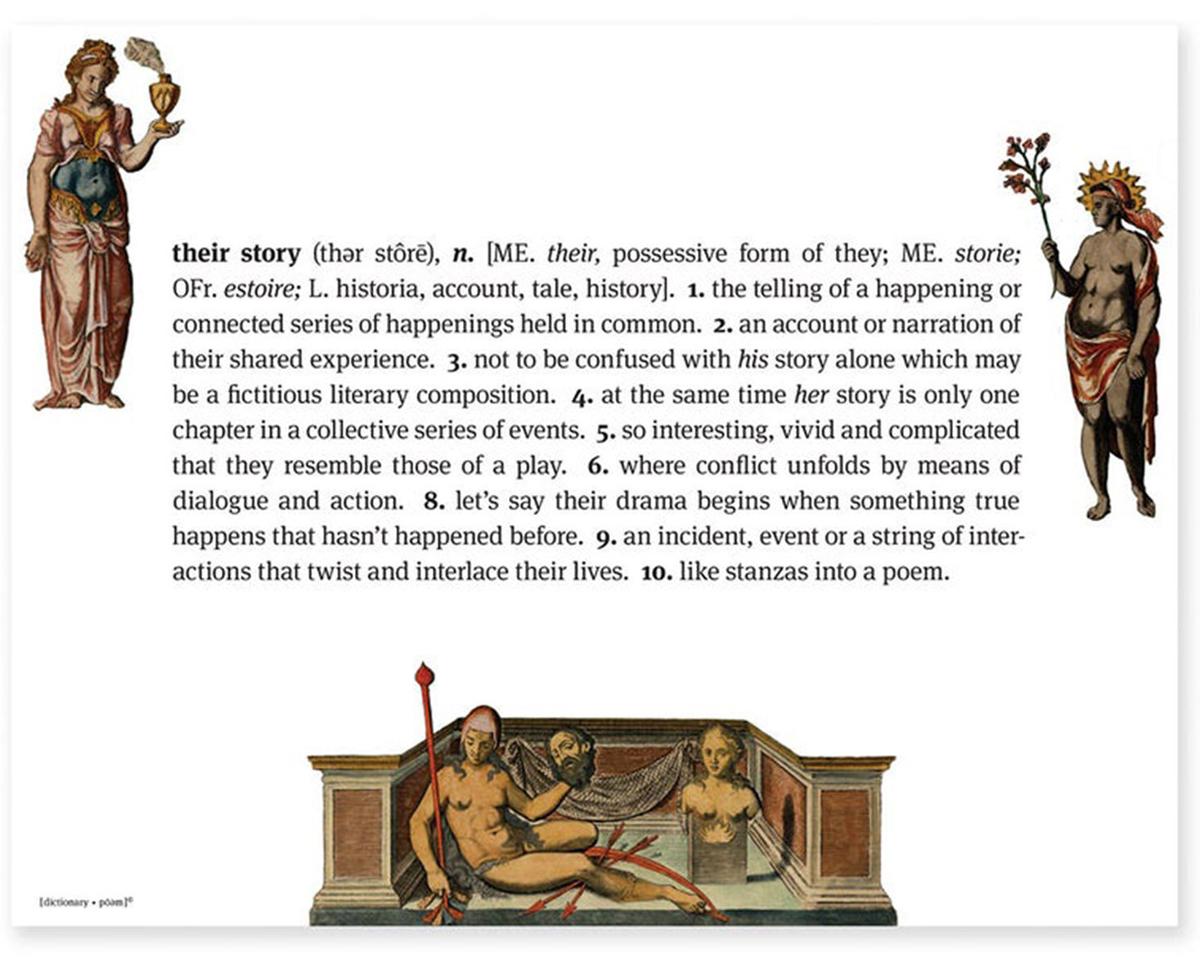
Invalid username/password.
Please check your email to confirm and complete your registration.
Use the form below to reset your password. When you've submitted your account email, we will send an email with a reset code.